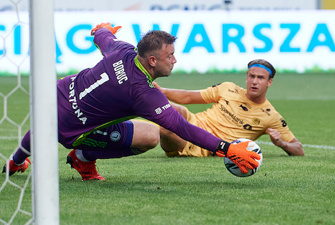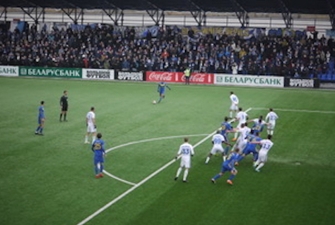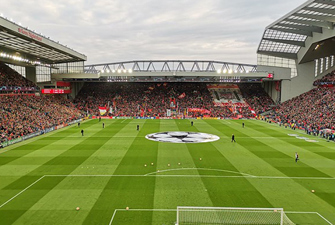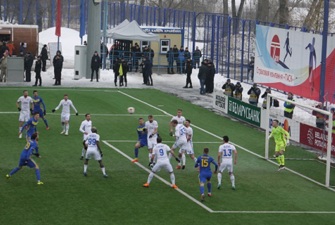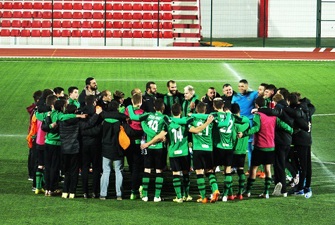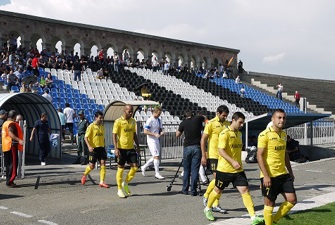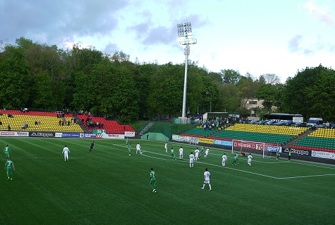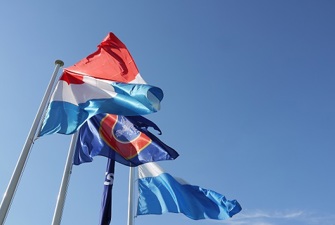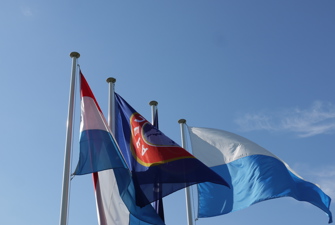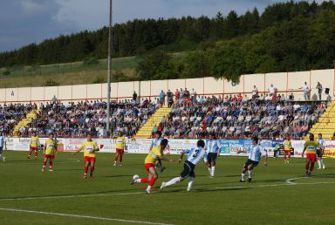New Champions League Index shows improved diversity
Steve Menary presents the results of the latest Play the Game Champions League Diversity Index, which shows an improvement in diversity of the championship.
A swathe of new clubs in next season’s Champions League has improved the diversity of the world’s richest club competition.
After a number of years when the competition appeared to feature the same number of clubs, 11 of the 73 clubs entering in 2012/13 will be making their debut, including Denmark’s FC Nordsjaelland and Montpellier, the surprise winners of Ligue 1 in France.
After Chelsea’s win last season, England will again provide five teams in a Champions League for the second time after 2005/06, when Liverpool won the title but finished too low in the Premier League the previous season to qualify.Although England have five teams this season, Spain have been offered more places in the Champions League than any other country at 64 as four Spanish clubs have taken part ever season since 1999/2000.
Spain has also supplied a dozen different clubs since the Champions League moved to a league format at the group stage in 1994/95 compared to just nine from England, which has one of the worst rankings in Play the Game’s Champions League diversity index.
Germany has also supplied a dozen teams to the competition with Borussia Monchengladbach making their Champions League debut this coming season.UEFA head of club competitions Michael Heselschwerdt said: “Last season, five clubs made their first ever appearance in the group stage [and] around half of the teams which were in the group stage had not been present during the previous season – so this offers incentives and inspiration to all the teams who kick off in the qualifying rounds.
"Everybody has a sporting chance to reach the competition proper – and let's not forget that, last season, APOEL FC of Cyprus went all the way from the qualifying rounds to the quarter-finals."
Scottish side Motherwell make their debut in the Champions League in 2012/13 although only by default after the financial implosion of last season’s runners-up Glasgow Rangers. Other sides making their debut this season include Poland’s Slask Wroclaw, Hapoel Kiryat Shmona of Israel and PFC Ludogrest Razgrad of Bulgaria.
Armenia’s Ulisses and Kazakstan’s Shakter Karagandy also appear for the first time, as does Andorran side FC Lusitans and San Marino’s SP Tre Penne, who both feature in the first round of qualifiers, which began on July 3 – just two days after the final of Euro 2012.
Solidarity payments
UEFA began making solidarity payments in the 1992/93 season to compensate clubs from playing in what was traditionally pre-season. The European body will not confirm the exact size of payments for the 2011/12 season or the anticipated payments for the 2012/13 season until a financial memorandum is made available after the main Champions League draw, which is scheduled for late August.
However, Umberto Gambini, a director of Milan and vice-chairman of the European Clubs Association told the website SportingIntelligence.com on Twitter that Champions League prize money will rise by 21 per cent in this coming season against money paid out in 2011/12.
Last season, smaller clubs who only played in one round received a solidarity payment of €260,000. The solidarity payments are bigger for countries who progress further without reaching the group stage. This system also means that the Polish Football Association received €589,224 in 2010/11 to share out between the 16 clubs in Poland’s top flight, the T-Mobile Ekstraklasa, providing those clubs met UEFA criteria on club licensing and youth development.
This promotes greater diversity with seven clubs taking up the 19 Champions League places offered to Poland since 1994/95. That contrasts starkly with the diet of more of the same supplied by the Poles’ Euro 2012 co-hosts, the Ukraine.
The Ukraine has the least diverse representation of all the 52 countries supplying teams to the Champions League according to Play the Game’s index. Shaktar Donetsk and Dinamo Kiev have taken all of the 32 places offered to the country since 1994/95.
A greater number of different teams have entered the competition from Andorra and San Marino even though both countries only began taking part in the Champions League in 2007/08 after U
EFA help in developing proper leagues.


